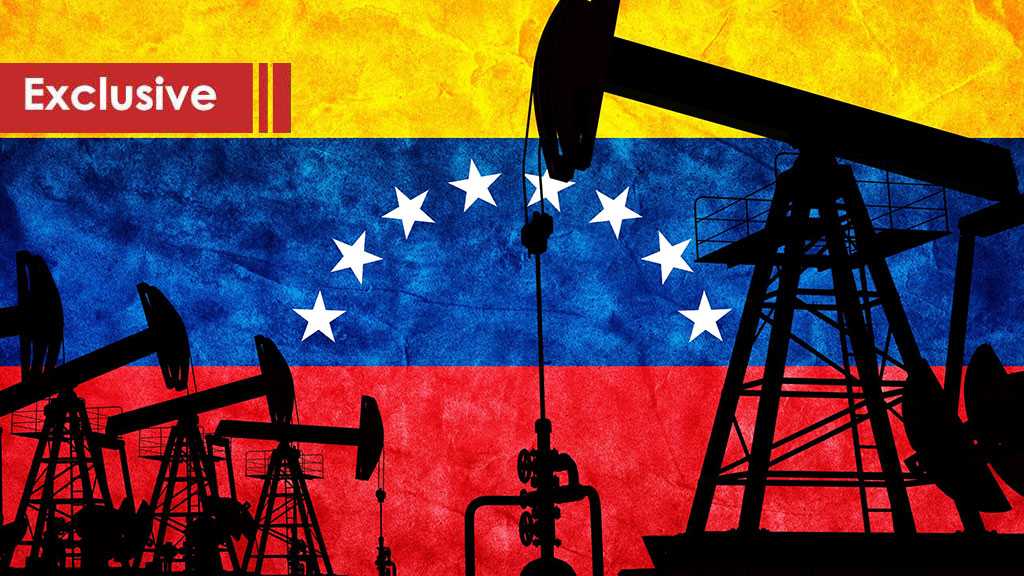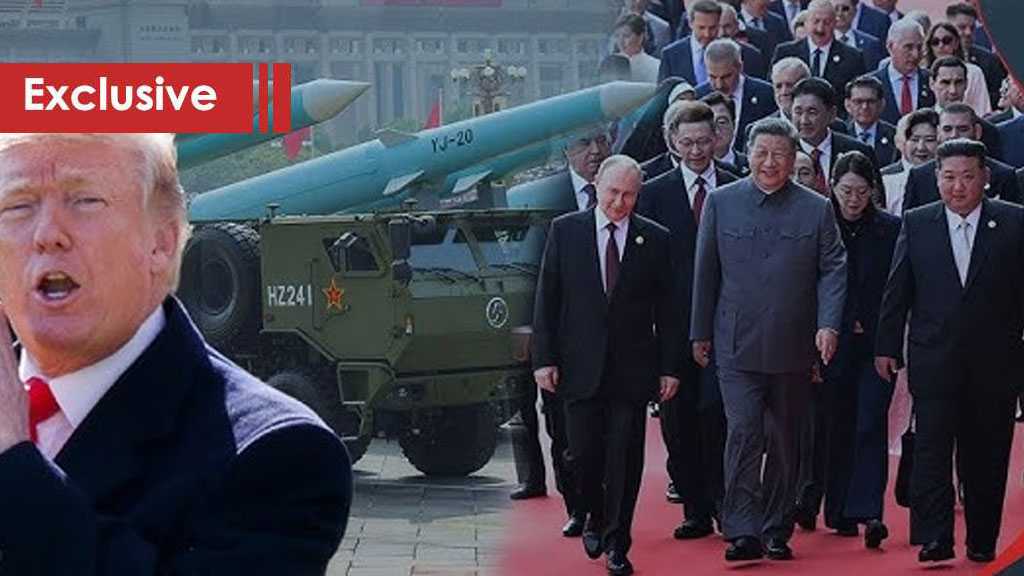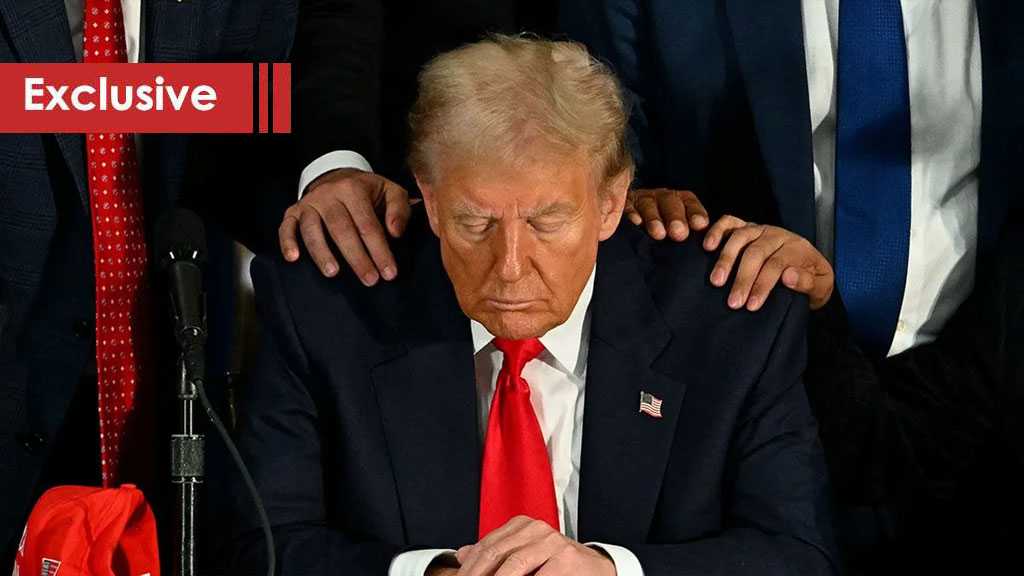
Venezuela in the Crosshairs: How Oil and Politics Drive US Intervention

By Mohamad Hammoud
Lebanon – From nationalization to militarization, Caracas and Washington remain locked in a high-stakes struggle over power, resources and regional influence.
Venezuela’s confrontation with the United States began in earnest when Hugo Chávez came to power in 1999, pledging to reclaim the country’s oil wealth from decades of privatization and foreign control by US corporations such as ExxonMobil and ConocoPhillips. He redirected oil revenues toward social programs and aligned Venezuela with leftist governments across Latin America. To many Venezuelans, this was an overdue assertion of independence. To Washington, however, it was a direct challenge to US economic dominance and an ideological threat during the so-called “War on Terror” era, when leftist nationalism was treated as subversive. This clash of visions quickly hardened into open hostility.
Washington’s pushback began with diplomatic pressure and support for a 2002 coup attempt against Chávez, then steadily escalated. Under the Obama administration, sanctions were imposed, but under Donald Trump’s first term, they became a tool of economic strangulation. The US froze Venezuelan assets, banned oil imports, and recognized opposition leader Juan Guaidó as “interim president” in a move widely seen as an attempted coup. Despite the failure of Guaidó’s movement, sanctions continued to devastate Venezuela’s economy, fueling hyperinflation, mass emigration and a humanitarian crisis. Yet Nicolás Maduro has remained in power, sustained by the military and by international allies such as China and Russia.
Trump’s Second Term: War by Another Name
With Trump’s return to the White House in 2025, US policy toward Venezuela has taken a sharply aggressive turn. While he denies seeking regime change, his administration’s actions suggest otherwise. A massive US naval deployment now sits off Venezuela’s coast, justified as a counter-narcotics operation. Reporting by The Guardian and Al Jazeera notes that this buildup has raised fears the US is laying the groundwork for military intervention.
The “war on drugs” framework has been met with considerable skepticism. For example, the 2020 indictment of Maduro and other officials by the Department of Justice on “narcoterrorism” charges has been widely criticized as a political tactic rather than a legitimate legal action. Further undermining the stated rationale, data from the Washington Office on Latin America [WOLA] indicates that the majority of US-bound cocaine transits through the Eastern Pacific and Western Caribbean, not Venezuela. Moreover, a classified assessment by the US National Intelligence Council reportedly found no evidence of direct collaboration between Maduro’s government and drug cartels, despite acknowledging a permissive environment for criminal organizations. Consequently, the indictment and the subsequent naval buildup seem less focused on combating drug trafficking and more geared towards creating a justification for coercion or even military intervention.
Trump’s “War Department” Doctrine
In a symbolic but significant move, the Trump administration revived the original name of the Department of Defense—the “Department of War.” Defense Secretary Pete Hegseth framed the renaming as a declaration of offensive intent: “We haven’t won a major war since the name change. We’re going on offense, not just on defense.”
The gesture signaled a departure from post–World War II restraint, recasting foreign policy disputes not as diplomatic challenges but as conflicts to be “won”. Coupled with sanctions, indictments, and naval deployments, the rhetoric revealed an alarming willingness to turn political symbolism into real violence.
Escalation and Resistance
That willingness soon found expression. Hegseth branded Maduro a “kingpin of a narco-state,” and a US strike on a vessel allegedly tied to drug trafficking killed 11 people. The escalation prompted a former Biden official to warn The Guardian that the US risks “stumbling into an intervention scenario.” Maduro, in turn, mobilized troops and civilian militias, vowing armed resistance to any invasion.
The Strategic Stakes: Oil, Power and Geopolitics
Beneath the slogans of democracy and drug enforcement lie enduring strategic interests. Venezuela possesses the world’s largest proven oil reserves, estimated at over 300 billion barrels. Control over this vast supply offers Washington not only leverage over global energy markets but also a way to limit Chinese and Russian influence, both of which have invested heavily in Venezuela’s oil sector. For US planners, keeping these reserves out of rival hands is as much about shaping the future of the international order as about regional dominance.
Domestic politics also shape the calculus. Projecting strength against a leftist Latin American government appeals to Trump’s base, particularly Cuban and Venezuelan exiles in Florida. This dual domestic-foreign strategy—mixing sanctions, selective engagement, and military threats—reflects political theater as much as strategic design.
Conclusion: The Same Story, Repeated
The history of US-Venezuela’s shows a clear pattern: when its interests are at stake, Washington has little hesitation in occupying or destabilizing countries. From Afghanistan to Iraq, interventions were justified under shifting slogans—terrorism, weapons of mass destruction, democracy promotion—but always driven by strategic control. The same story is repeating itself in Venezuela.
This is not new. In 1953, the CIA orchestrated a coup in Iran after Prime Minister Mohammad Mossadegh nationalized oil, toppling a democratic government in the name of protecting Western energy interests. Seven decades later, Venezuela faces a similar playbook: sanctions, covert pressure, the creation of opposition figures and now the threat of open military force.
What happens in Caracas today is part of a much larger narrative—one where democracy and anti-narcotics rhetoric serve as cover for the same enduring objective: preserving US power through intervention.
Comments


